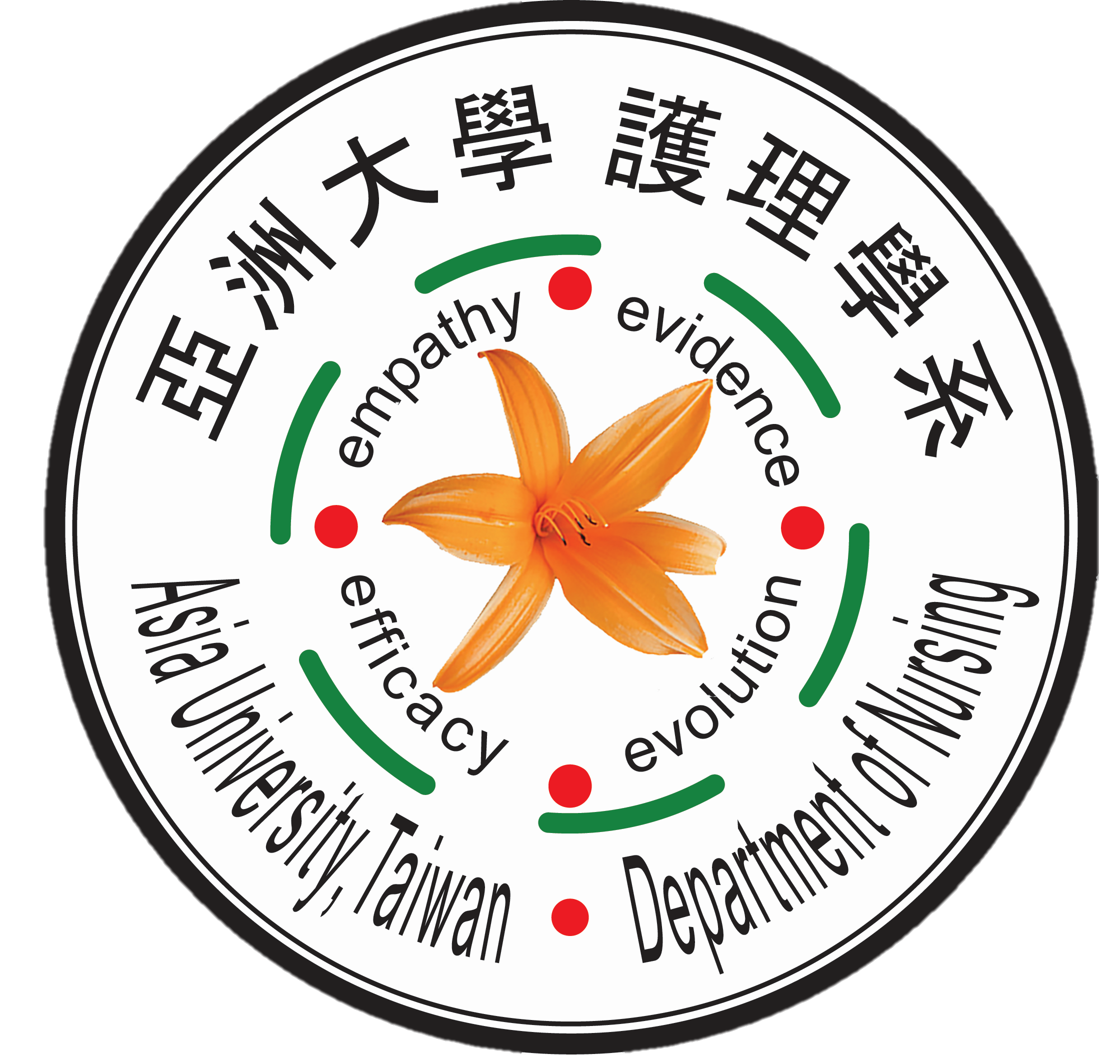Prof. Chang-Wei Hsieh of Asia University Gives a Lecture on “Basics of Quantum Computing”
The College of Information and Electrical Engineering at Asia University (AU) hold a course entitled “Basics of quantum computing,” which was lectured by Prof. Chang-Wei Hsieh, an assistant professor of the Department of Computer Science and Information Engineering at AU. The lecture attracts both students and teachers of AU and senior high-school students, who applied for admission this year, to participate in the meantime. at the same time. President of AU, Prof. Jeffrey J. P. Tsai, listened throughout the lecture, asked many questions, and said that AU will cooperate with National Cheng Kung University to establish a quantum-computing school at the National Library, and join hand toward the new era of quantum computing.
Prof. Hsieh said that he studied MRI-related topics in the early days of research, because it was related to the properties of quantum spin, and he got involved in research of quantum computers recently. Furthermore, quantum computing is a major project that many countries are competing for research and development.
Prof. Hsieh mentioned that the only quantum computer available to use in the world is the IBM-Q quantum computer from IBM, Inc. However, there are still many problems with quantum computers; the main problem is that the correctness of quantum operations relies on the environment of extremely low temperature. As mentioned above, the environment of extremely low temperature that humans can create can already be very close to the absolute zero degree, but such a small gap will still greatly affect the accuracy of quantum computer operations. Specifically, a little temperature difference may cause serious disturbance (noise) to extremely small quanta, which will seriously affect the results of quantum computing. Similarly, the quantum computer of IBM, IBM-Q, still cannot avoid the problems, so it is open to the general public to gather everyone's efforts to solve the problem of inaccurate calculation results due to quantum computer noise.
Prof. Hsieh said that IBM's quantum computer opened to the outside world began on May 4, 2016. IBM launched a network platform called “IBM Quantum Experience” to bring a 5-qubit quantum computer to the public. Furthermore, users can use a smart phone, tablet or computer through the cloud to connect to the line and experience a quantum computer. In addition, the teachers of AU can apply to the IBM Quantum Center of National Taiwan University as a user of IBM-Q, and the students of AU can apply through the link, quantum-computing.ibm.com. Furthermore, the College of Information and Electrical Engineering at AU has set up in the professional computer classroom relevant software environment to connect to the IBM cloud quantum computer.
Prof. Hsieh also said that IBM-Q is the first quantum computer project constructed by business and science in the industry area, and some machines are open for general use. In the detail, the quantum experiment is defined on an ordinary computer and converted into microwave pulses by electronic equipment, and these pulses are transmitted to the base of the quantum chip. If people want to run their own programs on the quantum computer, they must use the Quantum Information Science Kit (Qiskit) to write the program.
Prof. Hsieh pointed out that Qiskit is an open source framework, which is used for the calculation of pulses, circuits, and algorithms through quantum computers. Furthermore, Qiskit allows users to design experiments easily and simulate them on a local computer, or actually run on the quantum computer of IBM, Inc. In the future, this tool of software exploitation will carry out for chemical molecular simulation, artificial intelligence, optimization, financial and fintech aspects, and further development of related technologies.
President Tsai said that AU will co-organize a four-week quantum computer lecture of the quantum computing school with National Cheng Kung University from April 25. It will be co-hosted by President Tsai and Chi-Chuan Hwang, a Chair Professor of Cheng Kung University, and Prof. Charles C. N. Wang of AU will serve as a lecturer of the cross-domain courses of AI.
President Tsai pointed out that AU has listed emerging technologies such as quantum computers, big data, Internet of Things (IoT), 5G networks, artificial intelligence (AI), blockchain, and financial technology as the key directions of development in the future, and hoped that AU can train the talents for Taiwan.





